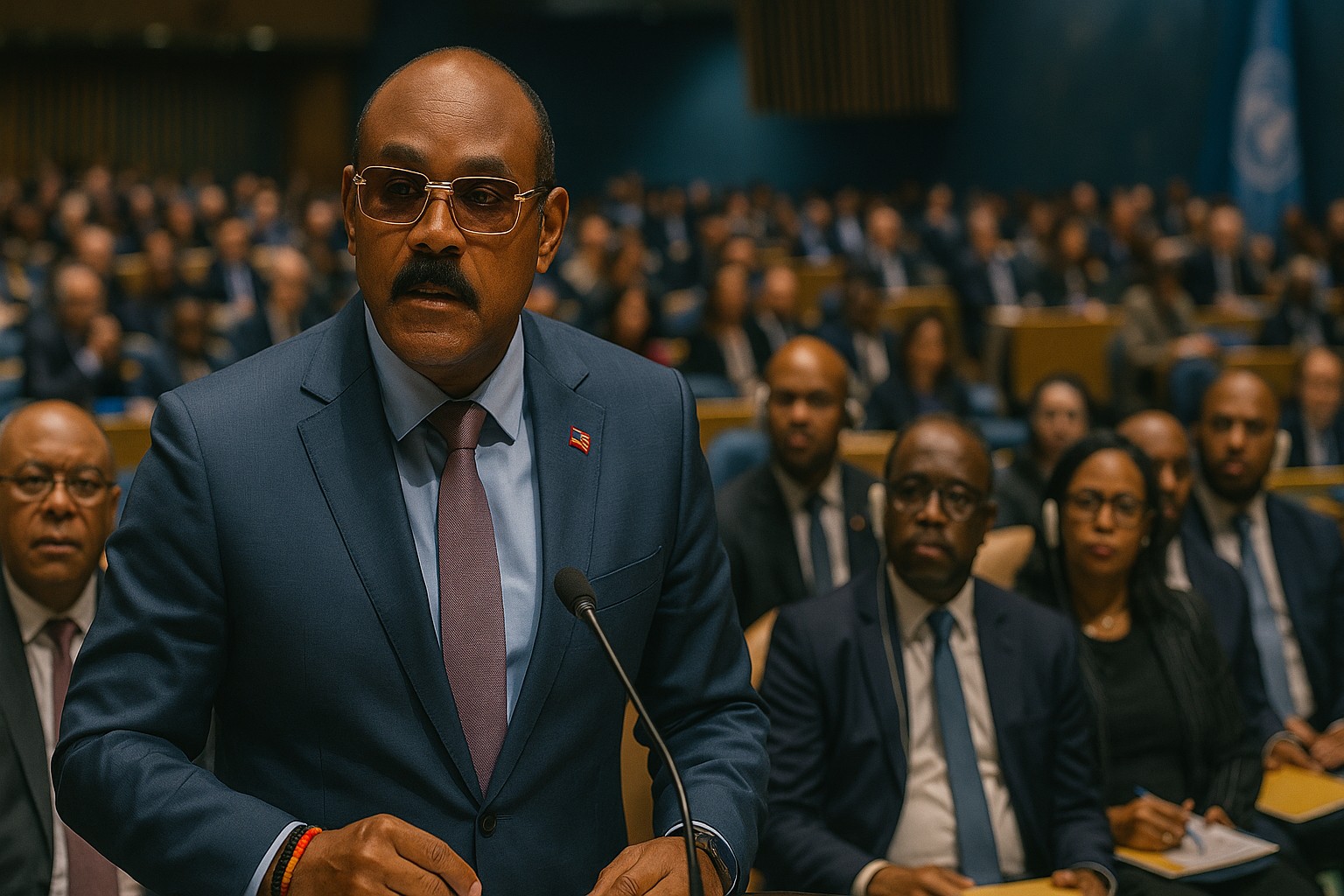U.S. officials say they have carried out a number of strikes on boats in the Caribbean Sea, killing multiple drug traffickers.
Announcing the first of these in September, President Donald Trump stated that forces had destroyed a vessel that had departed from Venezuela, operated by the Tren de Aragua cartel, allegedly carrying drugs bound for the U.S.
Subsequent announcements have indicated similar attacks, accompanied by grainy footage, but lacking substantial evidence of drug trafficking or clarity about who was on board each vessel.
The Trump administration defends these strikes as actions taken in self-defense, but they have drawn considerable condemnation in the region, particularly from Colombia, where officials claim that at least one of the hit boats was carrying Colombian nationals.
Legal experts have questioned the legality of the strikes, suggesting they may violate both international maritime law and the principles governing the use of military force. International law stipulates that states must not interfere with vessels in international waters, with limited exceptions for 'hot pursuit' scenarios.
Prof. Luke Moffett, a legal expert from Queen's University Belfast, stated that while force can be used to stop a boat, it should involve non-lethal measures unless there is an immediate threat to life. He emphasized that the U.S. actions likely contravene the law of the sea.
Some experts further argue that labeling members of the Tren de Aragua cartel as 'terrorists' does not legally justify military action against them, particularly as the U.S. is not in an armed conflict with Venezuela or the cartel.
U.S. officials, including Defense Secretary Pete Hegseth, maintain that these actions are necessary to protect American interests against narcotics, with Trump claiming they are responding to drug cartels' threats.
Critics also underscore potential violations of U.S. legal requirements, noting that the Constitution grants Congress the power to declare war, while the President's authority to conduct military actions is meant to be limited.
In response to the strikes, Venezuela's President Nicolás Maduro has vehemently denied claims of his government's involvement in drug trafficking, labeling the U.S. actions as unlawful aggression.
The U.S. military's increased activity in the Caribbean includes deploying naval vessels and military aircraft as part of anti-narcotics operations. Trump has also authorized a reward aimed at Venezuela's leadership, further escalating tensions between the two nations.




















